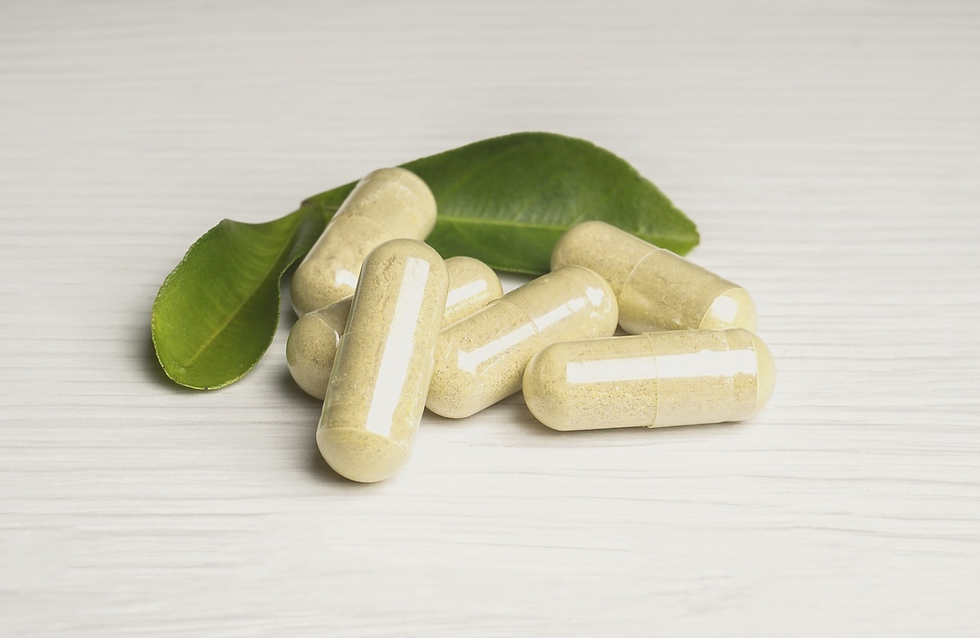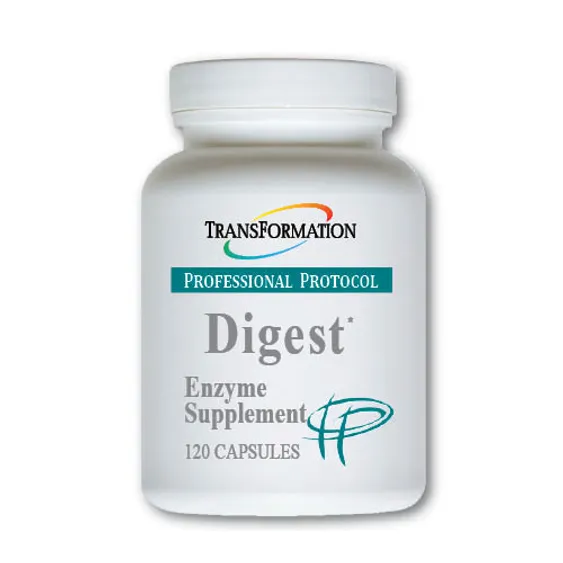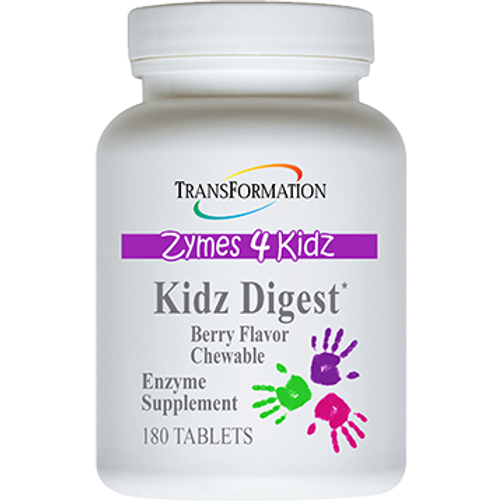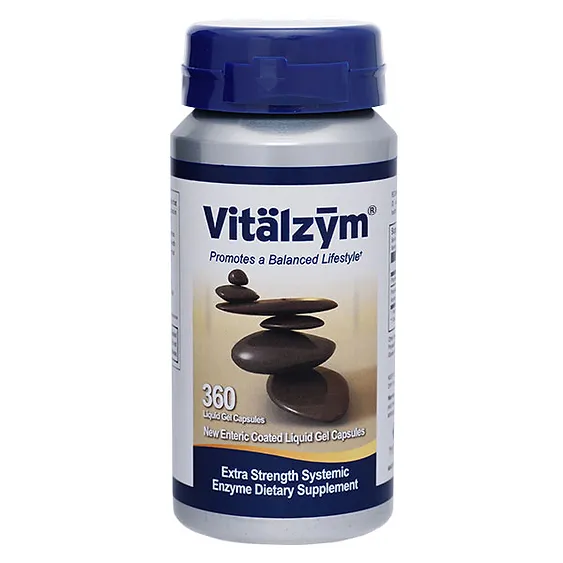Why Enzymes?
- michellepick5andpr
- Oct 20, 2024
- 5 min read
Updated: Sep 8, 2025
~Michelle Tonkin

Enzymes are a natural process of our body’s biochemical process. Our bodies naturally produce these enzymes which are essential not only for proper digestion, but also liver support etc.
Digestive Support
Digestion and proper elimination are major keys in maintaining immune health. Good digestion ensures optimum uptake of important vital nutrients that the body needs to function. Proper elimination assures that the body is getting rid of toxic waste and keeping the intestinal tract from becoming a breeding ground for toxemia and disease.
Besides aiding our body with digestion:
Enzymes also help with:
Breathing.
Building muscle.
Nerve function.
Ridding our bodies of toxins.
As we age however our bodies naturally produce less enzyme activity, and therefore it is highly recommended to take digestive enzymes in a supplemental form in order to take the burden off of digestive system and help prevent issues like: malabsorption, gas, bloating, nausea, etc. Enzymes are also naturally present in fresh foods, as these naturally break food downs. However, due to modern farming practices, GMO’s, pesticides, chemicals, and cooking, these naturally present enzymes are often either missing, or not found in adequate amounts.
Conditions such as:
cystic fibrosis
pancreatic cancer
gastrointestinal sugeries
Can also create a deficit in the pancreas for producing enzymes and therefore supplementing can be of great benefit.
· Enzymes
Enzymes are protein molecules that are present in all living things. They have two parts. The protein part is a long chain, which contains hundreds of amino acids in a specific arrangement. The other part is a coenzyme, usually a vitamin or mineral (or it may contain a vitamin, or perhaps a molecule, which has been created from a vitamin). The enzymes found in food are responsible for breaking down the food particles as well as the biochemical reactions that make them ripen.
~ Loomis, Howard F. Jr., D.C., F.I.A.C.A. Enzymes: The Key To Health. Madison: 21st Century Nutrition Publishing, 1999.
Supplementation of vitamins and minerals are useless unless there are enough of the appropriate enzymes to utilize them.
There are two different types of supplemental enzymes available: animal and plant. Animal enzymes are derived from the pancreas of beef or pork. They do not spare the body’s own production of digestive resources and therefore the body must contribute a large amount of its own enzymes to help digest food, especially in the early stage of the digestion process. Plant enzymes are able to predigest food in the stomach.
Plant enzymes are preferable in that they work in a broader pH range than animal enzymes and are able to predigest food in the stomach. They are also derived from a natural source and not potentially laden with the animal toxins.
While manufacturers are careful to put back vitamins and minerals that are lost during food manufacturing, they do not replace the enzymes. Therefore, unless supplemental forms of enzymes are taken, our diets will continue to be deficient in these nutrients, which are essential for health and healthy living.
Proteolytic Enzymes
Proteolytic enzymes help the body to break down proteins into their smallest form. The difference between digestive enzymes and proteolytic enzymes is that digestive enzymes help to breakdown proteins in the gut, whereas proteolytic are systemic. When proteolytic are taken without food they enter the blood stream and are able to circulate throughout the body. The main benefit of these types of enzymes is their ability to break down excess fibrin found in our circulatory systems and in connective tissue, like muscle. These enzymes also help to assist in the transportation of nutrients as well as removal of metabolic waste that has been produced by inflammation and excess fibrin.
For comprehensive testing of bacteria imbalances which can be a contributor or cause of many gut issues, click here
Fibrin formation causes a restriction of blood flow to the cells. These cells are actually being held hostage by the fibrin. Because of this, the red blood cells have a tough time oxygenating, supporting, and removing metabolic wastes, causing inflammation and pain to occur.
Fibrin itself is not a bad thing; in fact, the body utilizes fibrin to help heal itself when injured as a normal part of the healing process. However, when fibrin starts to accumulate in the body due to low enzyme activity or poor blood flow, inflammation and pain can become chronic.
The body is a wonderful masterpiece and will do what it needs to keep us alive. In its own attempt to clear excess fibrin from the circulatory system, it will try to compensate for the restriction by increasing blood pressure, making the heart work harder. This can result in a great cost to our overall health.
How do you know if you have too much fibrin? Possible indicators of excess fibrin are chronic fatigue, slow healing, inflammation, pain, and elevated blood pressure. Proteolytic enzymes are a great addition to any Lyme protocol as these enzymes help break down the biofilm that surrounds and protects the Lyme microorganism.
Other Conditions Proteolytic enzymes may help:
Arthritis
Atherosclerosis
Back Pain
Chronic Fatigue
Chronic Pain
Fibrocystic Breast
Fibromyalgia
High Blood Pressure
Herniated Disc
Hyper-coagulation
Sciatica
Spinal Stenosis
Strains and Sprains
Post-operative Scar Tissue
Traumatic Inflammation
Uterine Fibroids
Pain killers vs. Enzymes
Very few pain killers have any healing ability beside symptomatic relief and in most cases, the side effects can cause a host of other problems. Proteolytic enzymes not only support the body’s ability to heal, but also reduce pain and inflammation that are often accompanied by chronic conditions, such as Lyme.
Research
Proteolytic enzymes are a great choice for those with chronic pain or inflammation and should be considered as part of or an alternative to pain management and healing. There are numerous clinical studies that have been done on the effectiveness and safety of proteolytic enzymes. These enzymes have been used successfully in Europe for more than 50 years and are being used in some countries, such as Japan, as prescription medicine.
The following is a list of contraindications for Proteolytic enzymes:
If you are taking prescription blood thinners (Coumadin, Heparin, Plavix)
If you are having surgery in less than two weeks.
If you have known ulcers of the stomach.
If you have Gastro esophageal Reflux Disease. (GERD)
Pregnant or lactating women.
If you currently take antibiotics.
If you are allergic to pineapples or papayas. ~ www.theultimateenzyme.com/pro.htm Enzymes are a powerful way to support our body's natural digestive process and therefore improving our body's immunity and inflammatory processes as well. Add digestive or proteolytic enzymes to your regime today to improve your overall health and wellbeing!
References:
Tonkin, Michelle (2012). Lyme & Co-infections, The Road to Recovery. Lu Lu Press







Comments